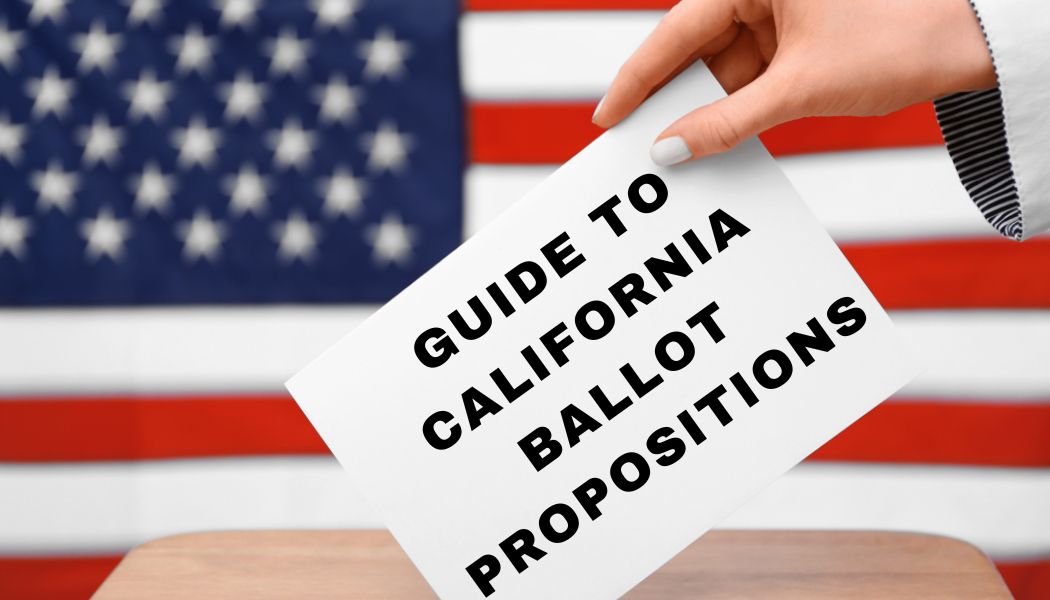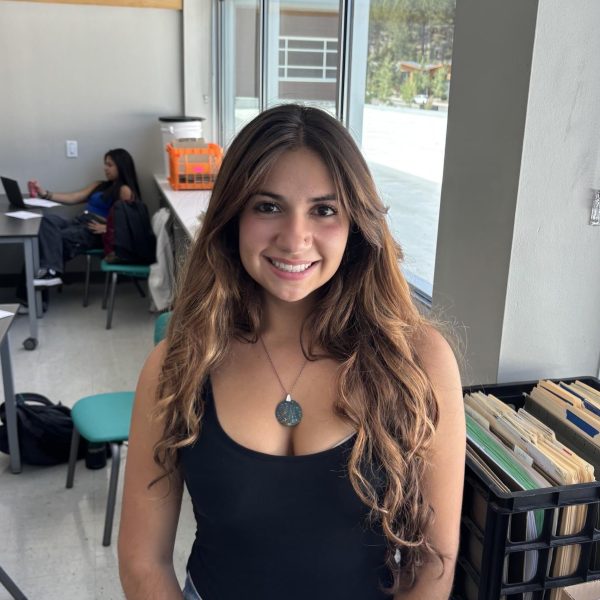Election day is fast approaching and it is important to be informed about what is on the ballot. Here is an overview of the ten California propositions voters will have to decide on by November 5th.
Prop 2: $10 Billion for Fixing Schools
This proposition is a bond measure that would fund repairs and improvements to California schools. It is focused on eliminating health hazards in public institutions and community colleges. The cost for this proposition has been lowered since 2020, when the majority voted no. Read more about Prop 2 here.
Prop 3: Reaffirm the Right to Same Sex Marriage
This proposition would repeal Proposition 8, a measure that was passed in 2008 that recognized legal marriages as only between a man and a woman. Prop 3 would expand the definition of marriage in the state constitution. According to Cal Matters, California has the largest LGBTQ population out of all the states in the U.S. So far, Nevada has been the only state to enshrine the right to same-sex unions. If this passed, LGBTQ marriage would be allowed no matter what occurs on the federal level.
You can learn more about Prop 3 here.
Prop 4: $10 Billion for Climate Change Response
This measure would authorize money to be spent on projects focused on conservation, wildfires, extreme heat, drought, agriculture, renewable energy, and more. Most of the allotted funds ($1.9 billion) would be used to improve drinking water quality, especially in lower-income areas. Proposition 4 would be paid for with $400 million in tax dollars over the course of 40 years.
Prop 5: Simplify the Money Borrowing Process for Housing
This proposition would alter the California constitution to make it easier for local governments to borrow money for public infrastructure. Proposition 5 would lower the majority vote to just over half from the current two-thirds to approve bonds. Specifically, this was designed with the hope of authorizing more affordable housing to be built.
Prop 6: Less Labor for Prison Inmates
Imprisoned people can be forced to do work such as firefighting or cleaning. The state constitution right now reads, “Involuntary servitude is prohibited except to punish crime.” California is 1 in 16 states still allowing this. This proposition would allow the “except” clause to be removed and would ban punishing inmates for refusing work. It also proposes setting up a volunteer work program or a way to pay inmates for their labor.
Prop 32: Minimum Wage Up
This proposition would raise the minimum wage from $16 an hour to $17. The goal is to get it up to $18 an hour by next year unless there are significant changes within the economy. This would make California’s minimum wage the highest in the country.
Read more about this proposition here.
Prop 33: Rent Control
This proposition would overturn the Costa-Hawkins Rental Housing Act, allowing rent control on a city and county level. This measure is an attempt to improve the cost of housing in the state by not allowing landlords to drastically increase prices.
More on Prop 33 here.
Prop 34: Healthcare Provider Restrictions
This proposition would require healthcare providers that spend over $100 million on non-direct care expenses to spend 98% or more of drug sale money on patient care. Politicians supporting this measure are focused on attacking the AIDS Healthcare Foundation (AHF), the only provider that fits the previous criteria. According to Politico, Michael Weinstein is head of AHF and is known for putting large sums of money into political measures in an attempt to get them passed, especially housing ones like Prop 33.
Prop 35: Medi-Cal Funding
This measure would require MCO tax money to be used to fund Medi-Cal. MCO is a tax on health insurance providers that would be made permanent if this proposition passes. Over the next couple of years this would bring in several billion dollars for Medi-Cal.
Prop 36: Increase Punishments for some Crimes
This proposition would make some misdemeanor crimes into felonies, specifically theft and drug trafficking. This would revise 2014 Prop 47 that sought to reduce prison overcrowding and would create treatment-mandated felonies for drug-related crimes, an alternative to doing time in prison.
More information on the issues described here can be found on the Truckee Times Election page or through these sources:


